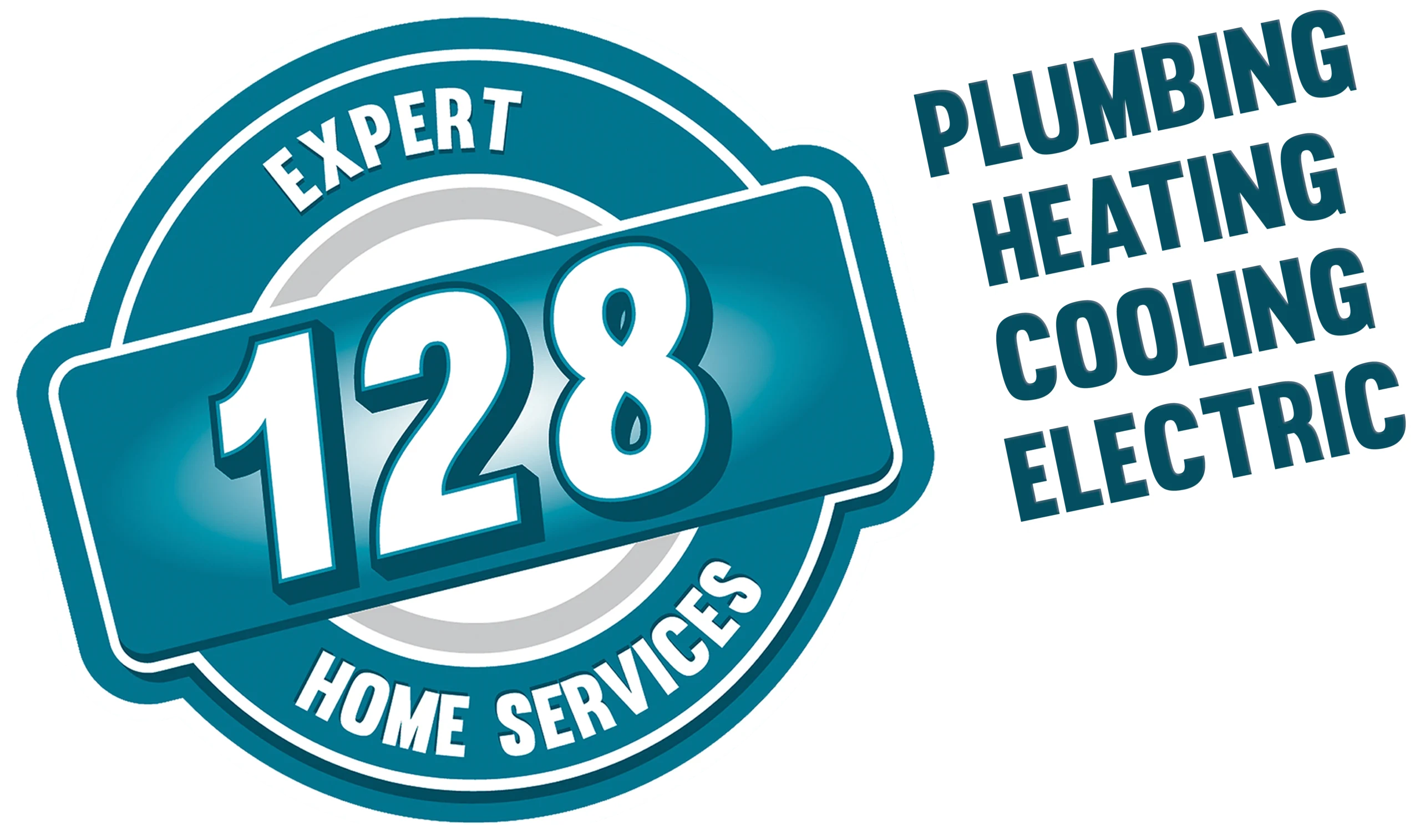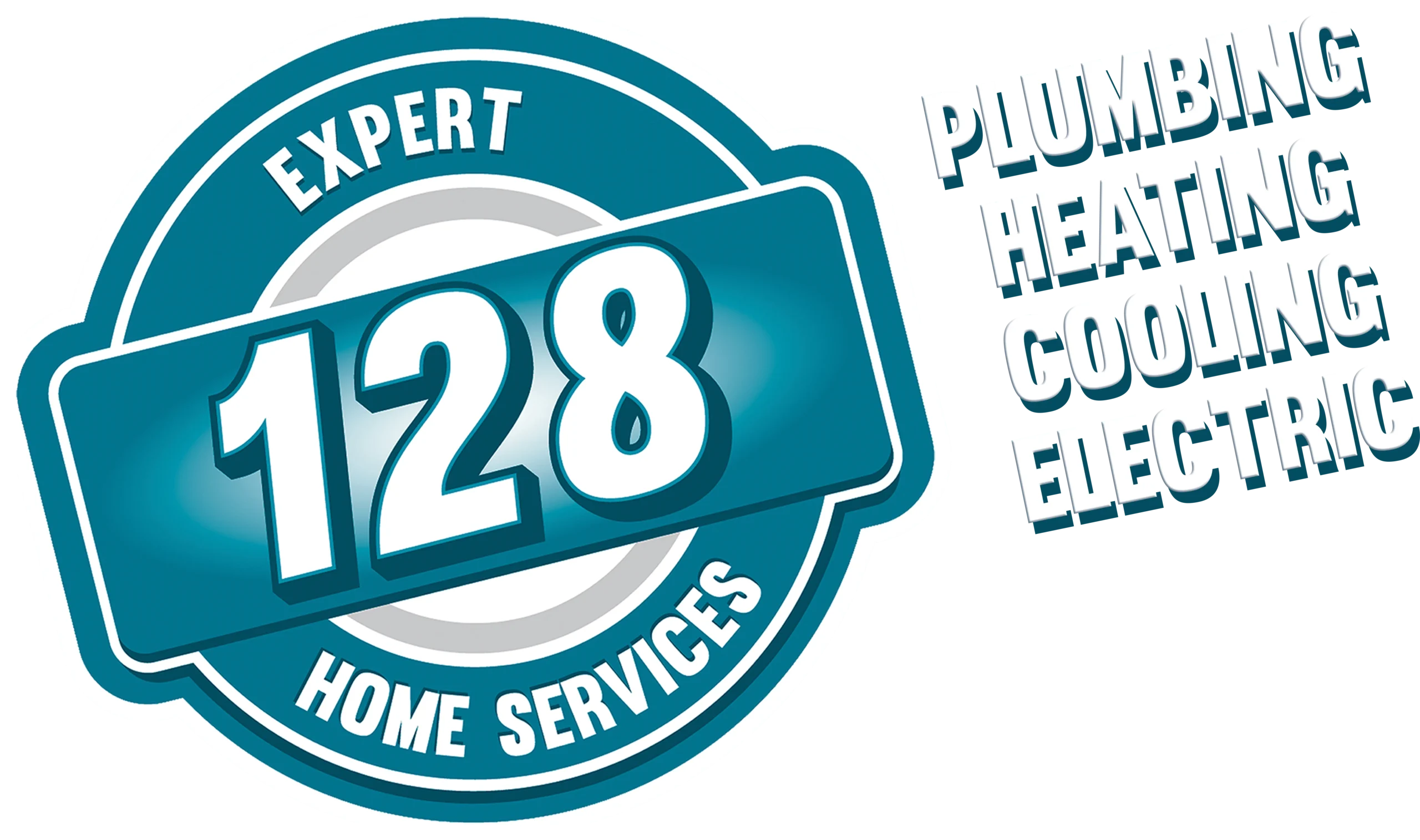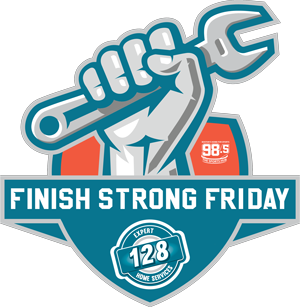Energy efficiency is a big buzzword these days when it comes to heating and cooling your home. All kinds of numbers get thrown around to measure it, and there are many new products like heat pumps to help you become more energy efficient.
But numbers and new technology are only half the battle. To be energy efficient, you need to know how your existing energy consumption works. Are appliances your biggest energy user? Is it your furnace? How about your hot water heater?
So let’s do a breakdown. At 128 Plumbing, we handle every element of home heating and cooling, and we know how home energy usage typically breaks down. This information can help you make the right decisions to become more energy efficient and take advantage of the products and savings that are available to help you out.
Energy Usage and Natural Gas
With all the controversy about finding renewable energy sources and reducing our reliance on fossil fuels, many homeowners are reexamining the use of natural gas to heat their homes.
Is it efficient? There’s no simple answer to that question. It really depends on the efficiency number for your natural gas system.
If that number is over 90 percent and it’s a quality system, then your natural gas system is very efficient.
As that number drops below 90 percent, though, natural gas becomes less efficient, and it becomes more expensive to drive the major energy users in your home.
When the number drops below 80 percent, natural gas becomes much less efficient, and natural gas is becoming more expensive due to the fact that it’s not a renewable energy source.
Energy Sources for Home Heating
Here are the major sources of energy for home heating:
- Oil and propane: Oil is the other common energy source for home heating, and like natural gas it’s been around for decades. It’s also reliable, but the disadvantages are cost and the volatile marketplace. Propane generally falls under the oil category, and it, too, can be expensive.
- Natural gas: This is one of the most common energy sources for home heating. It’s been used effectively for decades, and the chief advantage of natural gas is that it’s reliable. Costs are rising, though, so other sources of renewable energy are being developed.
- Electricity: Electric heat is very reliable, but very expensive. It’s still a part of the home heating picture, but it’s being used to drive heat pumps, which are far more efficient and less costly.
- Wood: Wood stoves and fireplaces are still used for home heating in New England and Massachusetts, but rarely as the sole source of home heat.
Home Appliances and Energy Usage
Home appliances use a significant amount of energy in home heating. The amount is usually far more than most people realize, so let’s break down the percentages.
- Washing Machines, dishwashers and tumble dryers: These three appliances typically use about 14 percent of a home energy bill. The fact that washing machines and dishwashers use water drives up their energy use even more, since that water has to be heated.
- Consumer electronics: Laptops, tablets, TVs and game consoles are popular home devices, and they account for about six percent of a typical home energy bill. The best way to cut this amount is to choose energy efficient models, and turn them off when not in use.
- Cooking appliances: This includes your oven, gas stove and microwave in most homes, and they account for about four percent of a typical energy bill.
Your Fridge as an Energy User
Not surprisingly, refrigerators and freezers use a significant amount of energy, largely because they’re on all the time. They’re constantly drawing power, so they typically use about 13 percent of a home energy bill.
The best way to reduce this kind of energy consumption is to buy an energy efficient fridge. The average life of a refrigerator is about 17 years, so it’s a worthwhile investment.
How Much Energy Does Your Water Heater Use?
There are several kinds of water heaters, but they’re definitely a major energy user in the home. Usually they account for about 20 percent of a home energy bill, so it’s important to use a quality water heater that’s very efficient.
The exact amount of energy used by a water heater varies for each home, of course. The variables include the size of the tank, the number of individuals in the household, and the individual demand of each user, among other factors.
The common thread, though, is the efficiency rating of the water heater. Water heaters can be run by electricity, natural gas or oil, and many are now being run by heat pumps.
Energy efficiency is expressed as a percentage, and if that percentage is over 90, the water heater is considered very efficient.
Water heaters become less efficient as that number drops, though, and if it goes below 80 percent, they’re considered inefficient and water heating cost will rise accordingly.
Renewable Energy and Home Energy Usage
One of the best ways to reduce the cost of using appliances, water heaters, etc. is to focus on renewable energy and the technology that’s driving it. Here’s what’s involved:
- Heat pumps
- Heat exchangers
- Geothermal heating
- Solar heating
- Renewable biofuels
Using this technology can make a huge difference when it comes to your home energy bills. The percentages won’t necessarily change all that much, but switching over to energy efficient appliances, water heaters, etc. will help the technology work and drive down the costs.
128 Plumbing Can Help You Evaluate Your Home Energy Usage
Evaluating your home energy usage can be confusing when you try and size up all the options and cut costs, but at 128 Plumbing we have years of experience doing this.
We can do a home energy assessment that will help you understand your situation, and we can also make appropriate recommendations about your home energy system, heating and cooling system, appliances, and so on.
The process starts with a phone call. The numbers are (888) 419-4233 or (781) 670-3261. We’ll answer your questions and guide you through the process, and we can also schedule you for a home heating efficiency visit to evaluate your current system and give you an idea of what your best options are going forward.
Contact Us Today!
To get even more information, you can also go to 128Plumbing.com and start a live chat, and we have some great blogs and articles there to help educate you about home heating efficiency and tell you everything you need to know.


